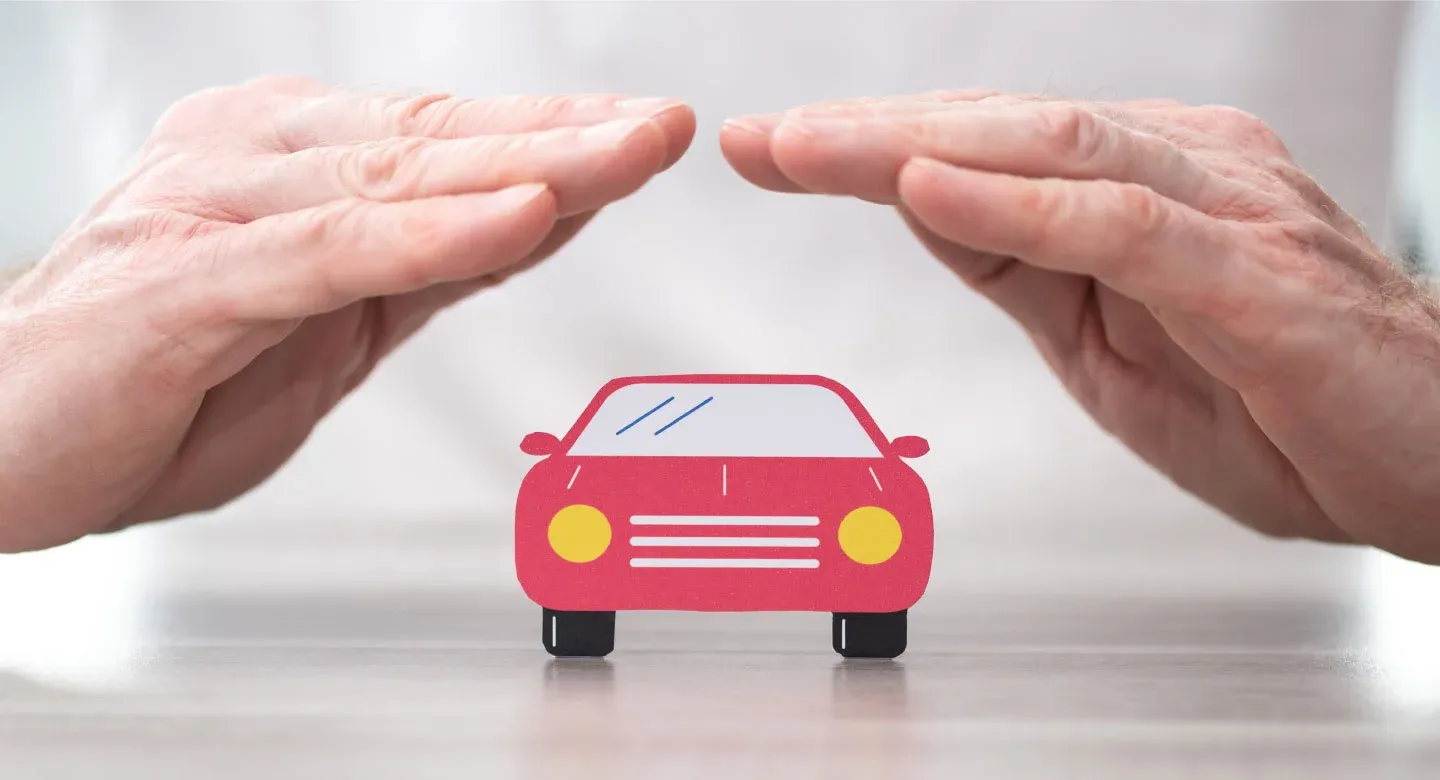Full coverage car insurance combines third-party liability, own damage cover, and add-ons for complete protection. Learn its benefits, coverage, and more.
What is full coverage car insurance, and why does it matter?
Imagine driving home following a demanding day, and suddenly a scooter swerves in front of you. Even when you make the best efforts to avoid the collision, you scrape your bumper against a wall. The repairs will cost you a lot, whether it is a minor or a major accident. Should you merely have required third-party insurance, you will be liable for paying that amount personally.
Imagine another scenario where your auto insurance covers the other vehicle as well as yours. Full-coverage automobile insurance makes all the difference in this regard.
This guide will explain what full coverage insurance is, what it includes, and why you should consider it if you want peace of mind on Indian roadways.
Meaning of full coverage car insurance
First, let's decode a frequent misunderstanding: Full coverage is not one policy you can choose. Instead, it consists of various components of insurance that, when combined, offers complete protection for your car.
What, then, is full-coverage insurance?
Full coverage automobile insurance in India usually includes:
● Third-party liability coverage is a legal mandate.
● Own damage cover guards your own car.
● Optional extras include depreciation cover, engine protect, etc.
All these combined guarantees that you are looking out for compliance and shielding your car from several hazards.
What does full coverage car insurance cover?
Here's a summary of what full coverage entails:
1. Third-party liability cover
This is the basic legal requirement under the Motor Vehicles Act. It protects you if:
● Someone else is injured or dies in an accident involving your car
● You damage someone’s property
However, this does not cover your damages.
2. Own damage cover
This is where things get more comprehensive. What does own damage cover?
● Accidental damage to your own vehicle
● Fire, explosion, or self-ignition
● Theft or total loss of the car
● Damage due to natural calamities (floods, earthquakes, etc.)
● Man-made disasters like riots or vandalism
3. Add-on covers
Want that extra layer of protection? Some add-ons will help you customise your insurance. One that suits your driving habits, geography, and risk tolerance. Some useful ones include:
● Depreciation cover – You get the full cost of parts replaced, without factoring in depreciation
● Engine Protect – It is useful in flood-prone areas
● Return to invoice – You will get the full value of the car as per the invoice in case of total loss or theft
● No-Claim Bonus (NCB) cover – It preserves your NCB even after a claim
● 24/7 roadside assist – It helps when you need it most during a road emergency
Benefits of having full coverage car insurance
So, why should you consider going for full coverage instead of just the basic plan?
1. Comprehensive protection
Whether it’s your fault or not, you’re covered. From small dents to total loss, you won’t have to second-guess repairs.
2. Peace of mind in unpredictable conditions
Indian roads throw all kinds of surprises at you, such as potholes, floods, and reckless driving. Full coverage helps you breathe easier every time you start your engine.
3. Lower out-of-pocket costs
Yes, the premium is slightly higher. But it saves you big-time during claims, often tens of thousands in repairs.
4. Better for new cars or high-end models
If you’ve bought a brand-new car or a premium model, full coverage helps you protect your investment the right way.
5. Customisable to your needs
Add-ons enable you to prioritise your needs, ranging from engine protection to roadside assist. It’s flexible and tailored to your driving life.
Is full coverage for everyone?
Not necessarily. The answer depends on the age of your car, the frequency of its use, and your comfort level with risk.
You should opt for full coverage if:
● Your car is less than 5 - 7 years old
● You drive regularly or over long distances
● You park in open or flood-prone areas
● You want to avoid financial surprises
You might skip full coverage if:
● Your car is over 10 years old
● You rarely use it
● You’re okay handling small repair costs out of pocket
How to avail the best full coverage plan
Here are a few things to keep in mind before you buy car insurance:
● Understand what’s included and excluded
● Choose add-ons based on your specific driving habits and risks
● Don’t forget to check the claim settlement ratio and reviews
Also, ask your insurer how your damage premium is calculated; it’s usually based on your car’s IDV (Insured Declared Value), make and model, fuel type, age, and location.
Final thoughts
So, what does full coverage car insurance mean? It’s more than just a policy, it’s peace of mind, protection for your investment, and confidence on the road.
While it’s not legally required, the benefits of having full-coverage car insurance are hard to ignore. Whether it’s saving some money in repairs or helping you during an emergency, it ensures your car and wallet are both well protected.
Consider it as providing your car with the protection of a bodyguard, a financial buffer, and a dependable backup plan, all in one package.

Car Insurance Quote


